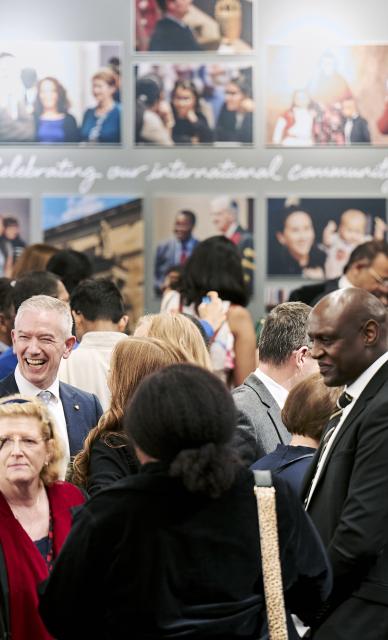Join the College
Throughout all stages of your career, these opportunities offer potential for professional and personal development, and enable you to contribute to our goal of improving medical standards.
Empowering medical excellence, shaping healthcare futures.

We deliver the highest standards of healthcare through the MRCP(UK) exams in collaboration with our partner Colleges.
We deliver the highest standards of healthcare through the MRCP(UK) exams in collaboration with our partner Colleges. The MRCP (UK) diploma is an internationally recognised standard of clinical excellence, and is a requirement for any trainee doctor wishing to undertake speciality training.
Working with our partner Colleges in London and Glasgow, we develop and deliver the MRCP(UK) Examination which plays an essential role in continuing professional development of physicians both in the United Kingdom and abroad.

Throughout all stages of your career, these opportunities offer potential for professional and personal development, and enable you to contribute to our goal of improving medical standards.